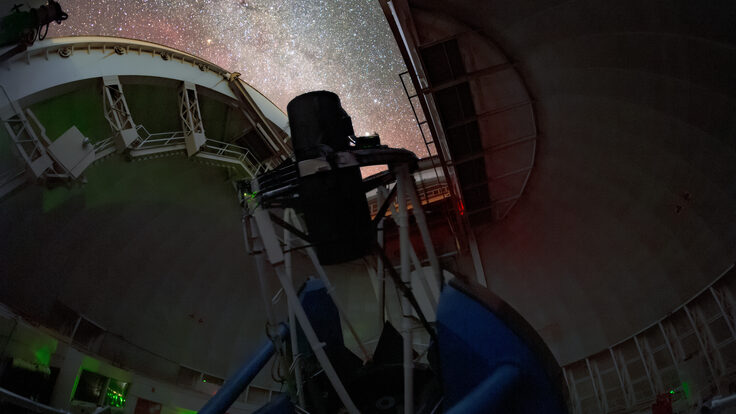In an era of tight budgets running up against emotionally charged needs: unemployment, cancer, and crumbling infastructure, why care about basic research, that branch of science done for knowledge's sake?
The question been posed to particle physicists since at least the 1970s, but the documentary The Atom Smashers puts the question on the screen and brings forth some compelling answers from The New York Times science writer Natalie Angier in the film, readers of film's review in the online publication "Worldchanging", and by one of the film's directors, Clayton Brown in his blog:
Julia's article in Worldchanging addresses this notion. Her first line reads "Is there value in knowledge for the sake of knowledge?" In one of the comments posted at the end of the article, a reader called "sabik" writes
Of course, the problem is how to judge something that won't have a practical application for decades or even centuries. It's a question of what sort of intellectual landscape we are leaving for our children and grand-children - whether it's rich and varied, pregnant with discoveries to be made, or impoverished and bare.
I think this is nicely said. I'll mention something else along these lines that I may have referenced before somewhere in this blog, that addresses head-on the question of the intrinsic worth of "curiosity-driven" science, or pure research. When Robert Wilson (founder of Fermilab) was in the US Congress arguing for the funds that would allow Fermilab to be built, a senator repeatedly asked how Fermilab would contribute to the defense of the country. Finally, exasperated, Wilson said "It will not contribute to the defense of the country. But it will make the country worth defending."
That's Robert Wilson's answer to the question.
Clayton Brown concludes his blog wondering if that answer was enough for people in the 1970s. Is it enough for them today? What do you think?






